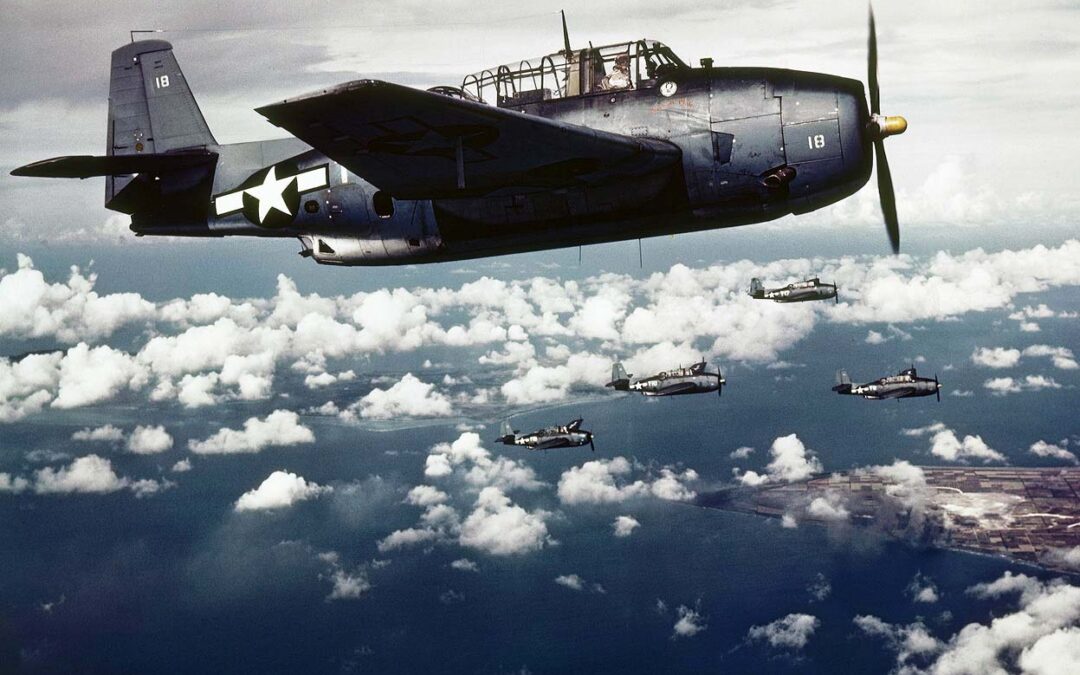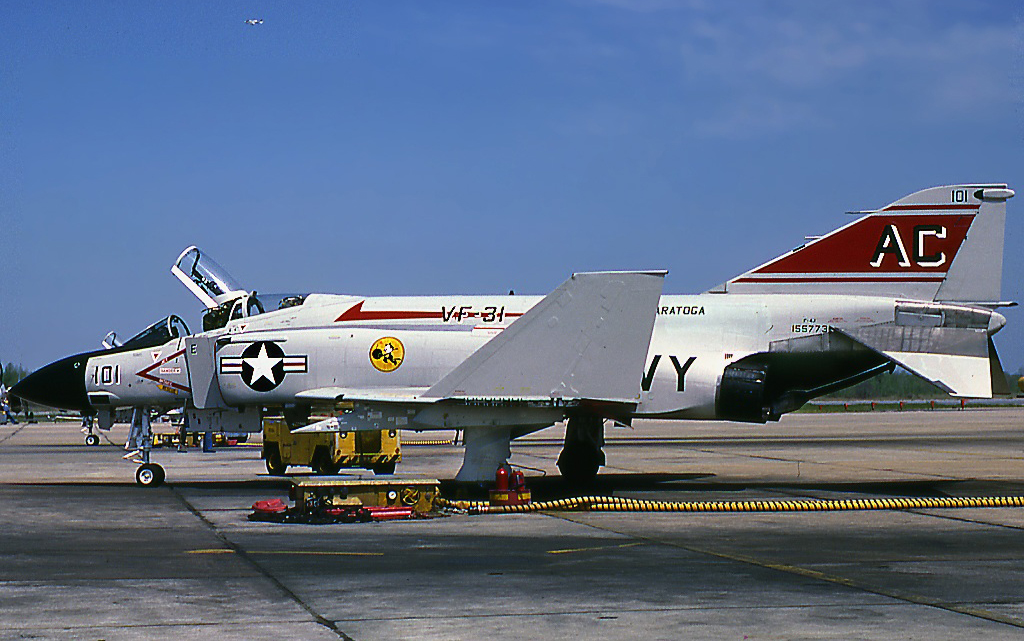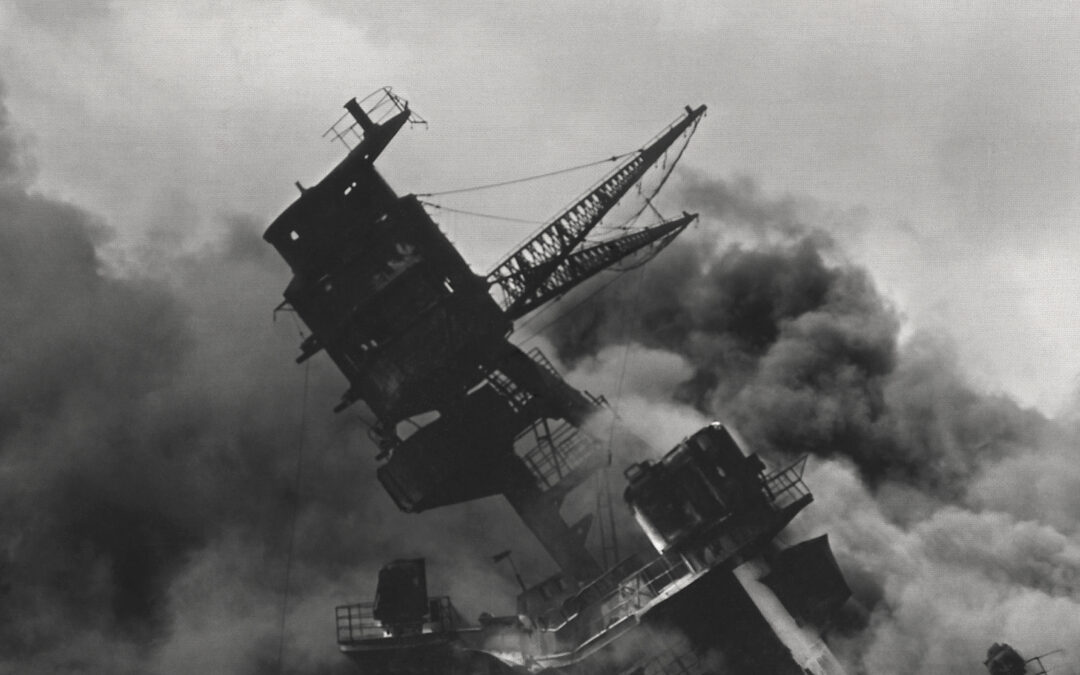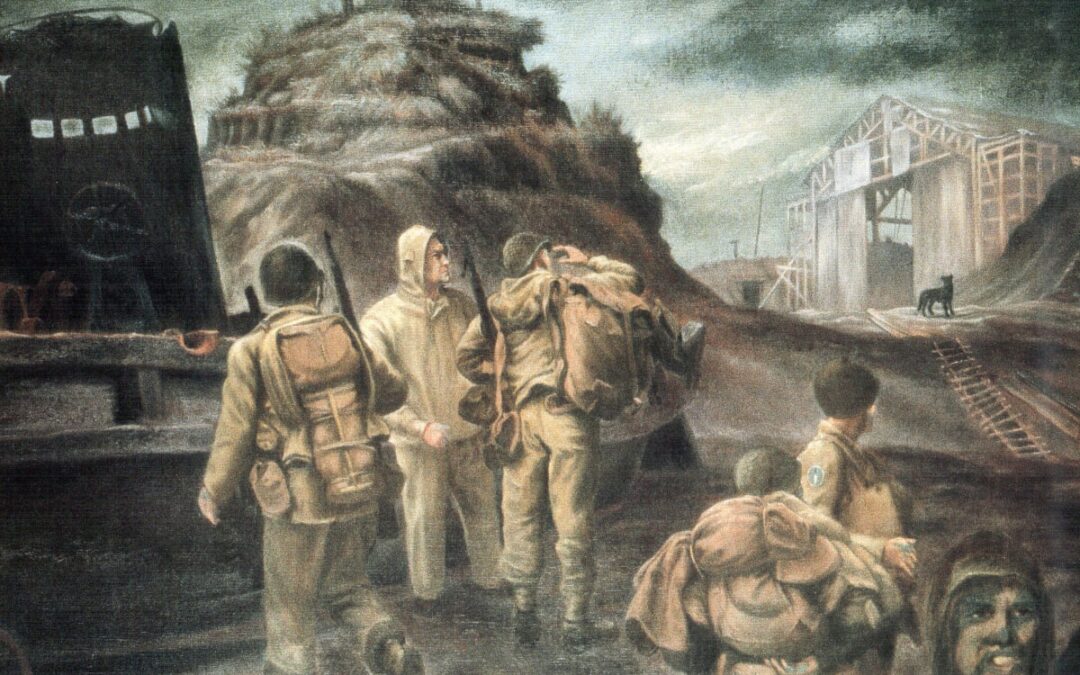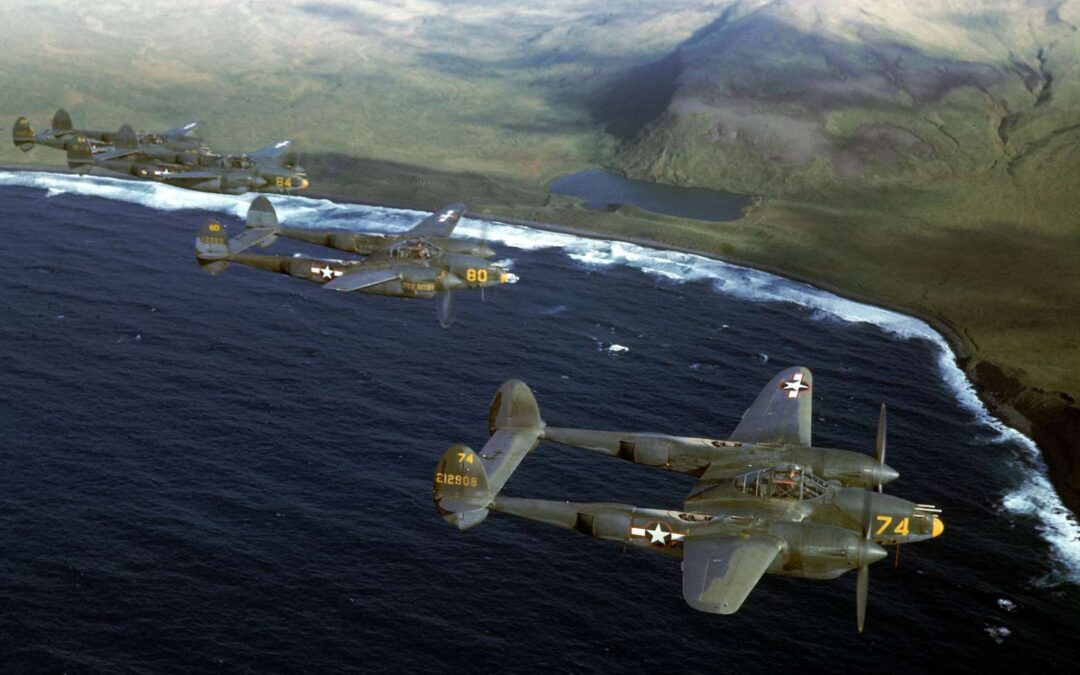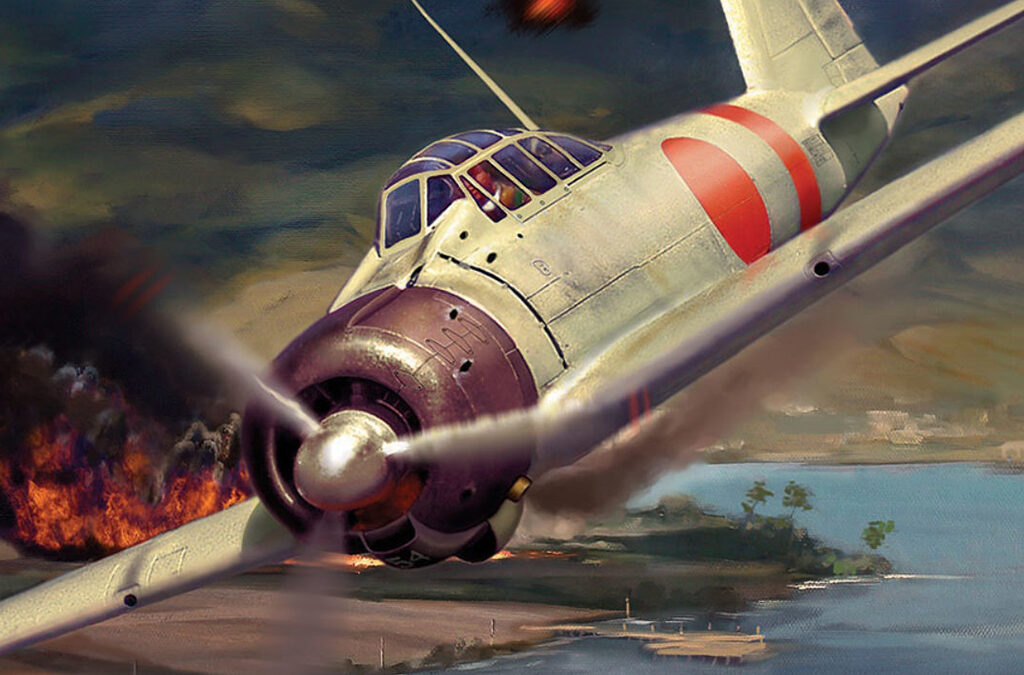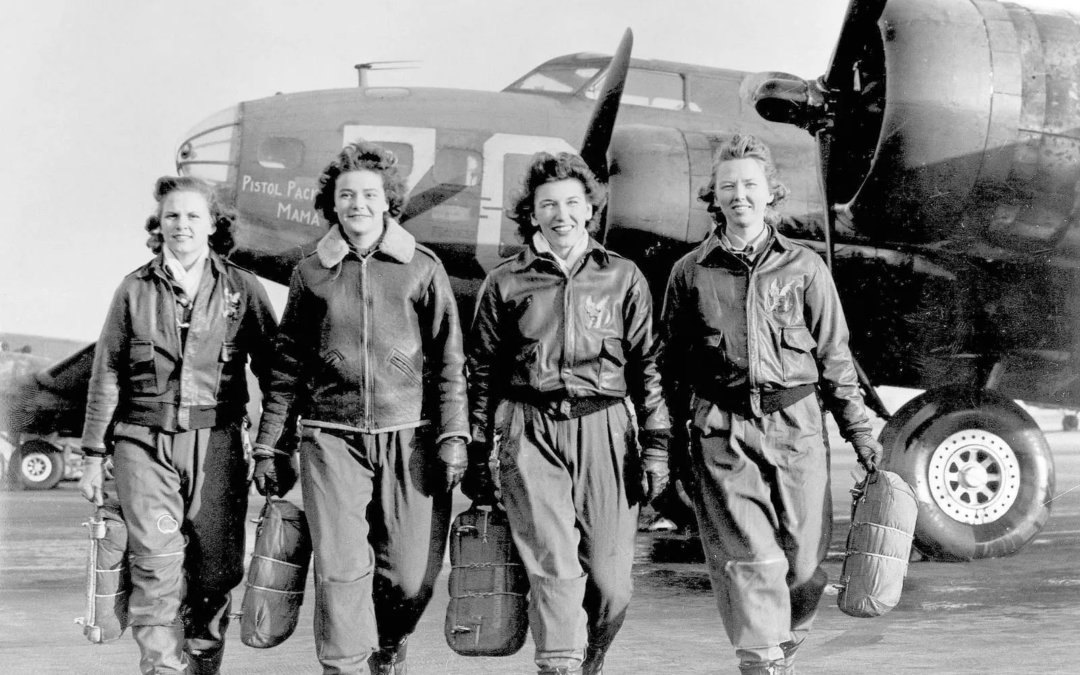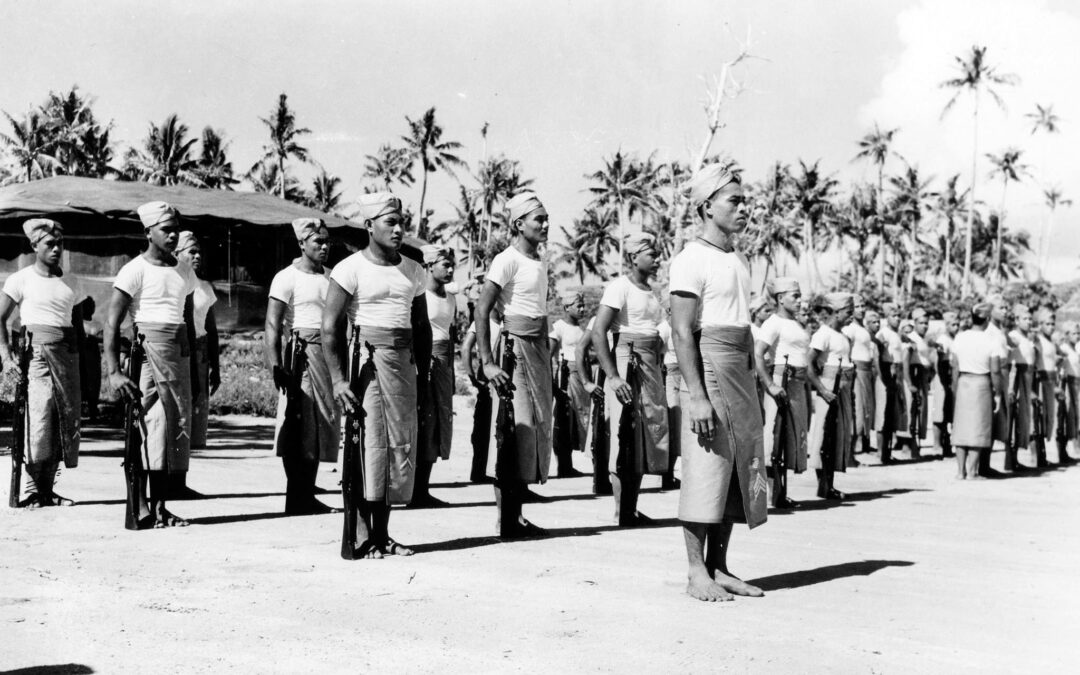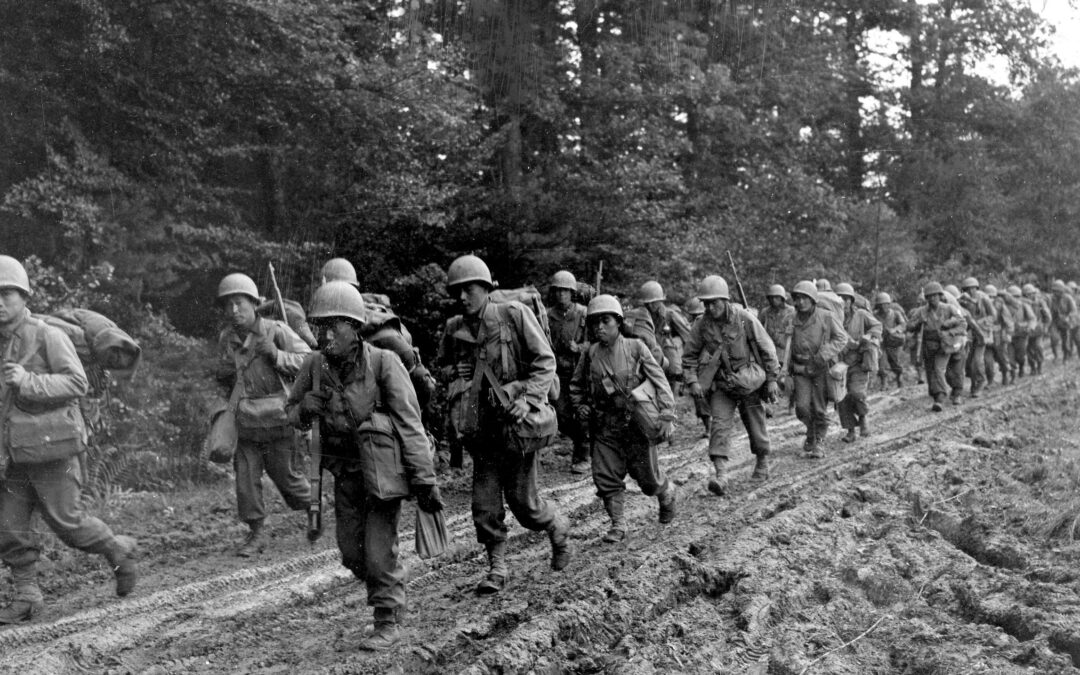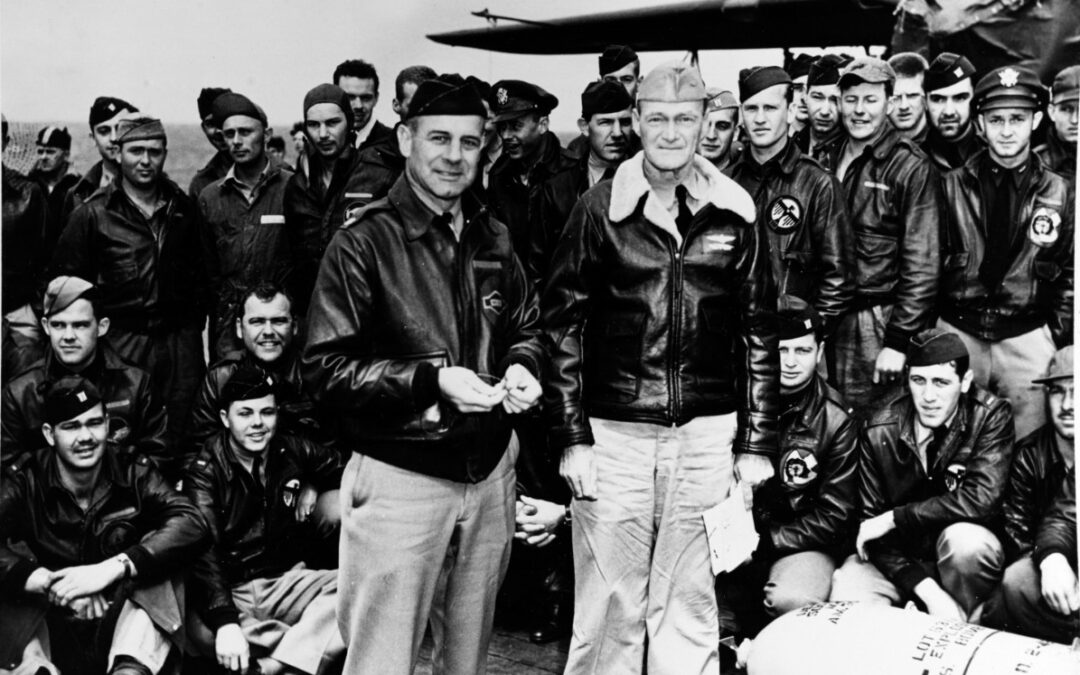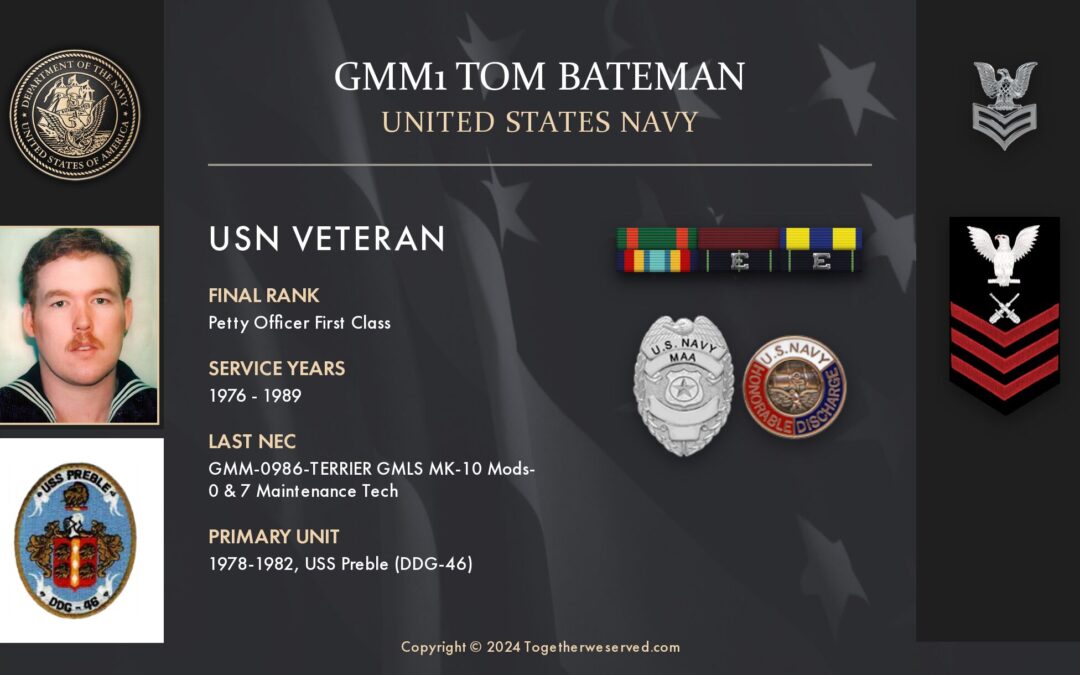The Battle of Wake Island was fought December 8-23, 1941, during the opening days of World War II. A tiny atoll in the central Pacific Ocean, Wake Island was annexed by the United States in 1899. Located between Midway and Guam, the island was not permanently settled until 1935 when Pan American Airways built a town and hotel to service their trans-Pacific China Clipper flights. Consisting of three small islets, Wake, Peale, and Wilkes, Wake Island was to the north of the Japanese-held...
